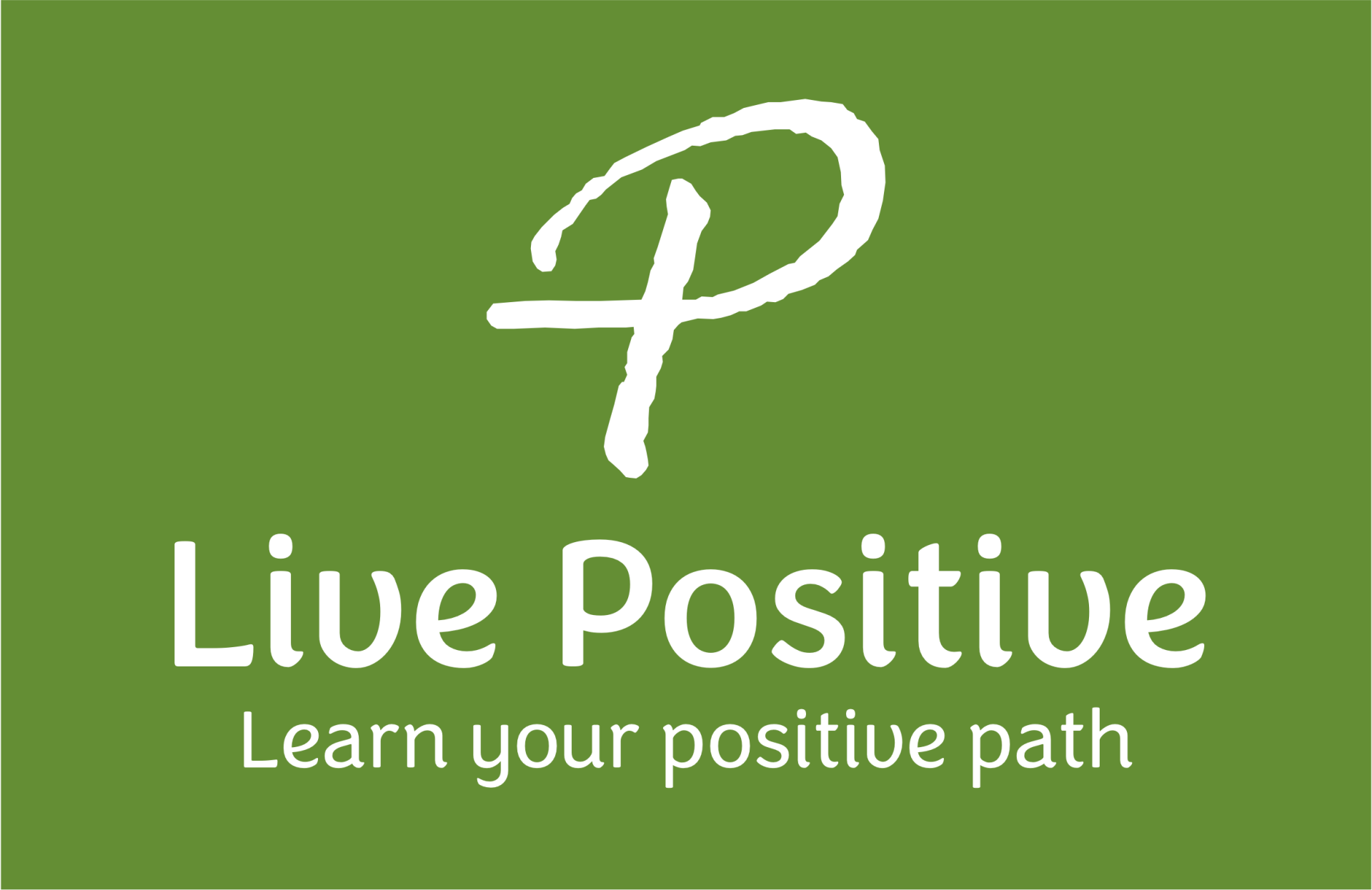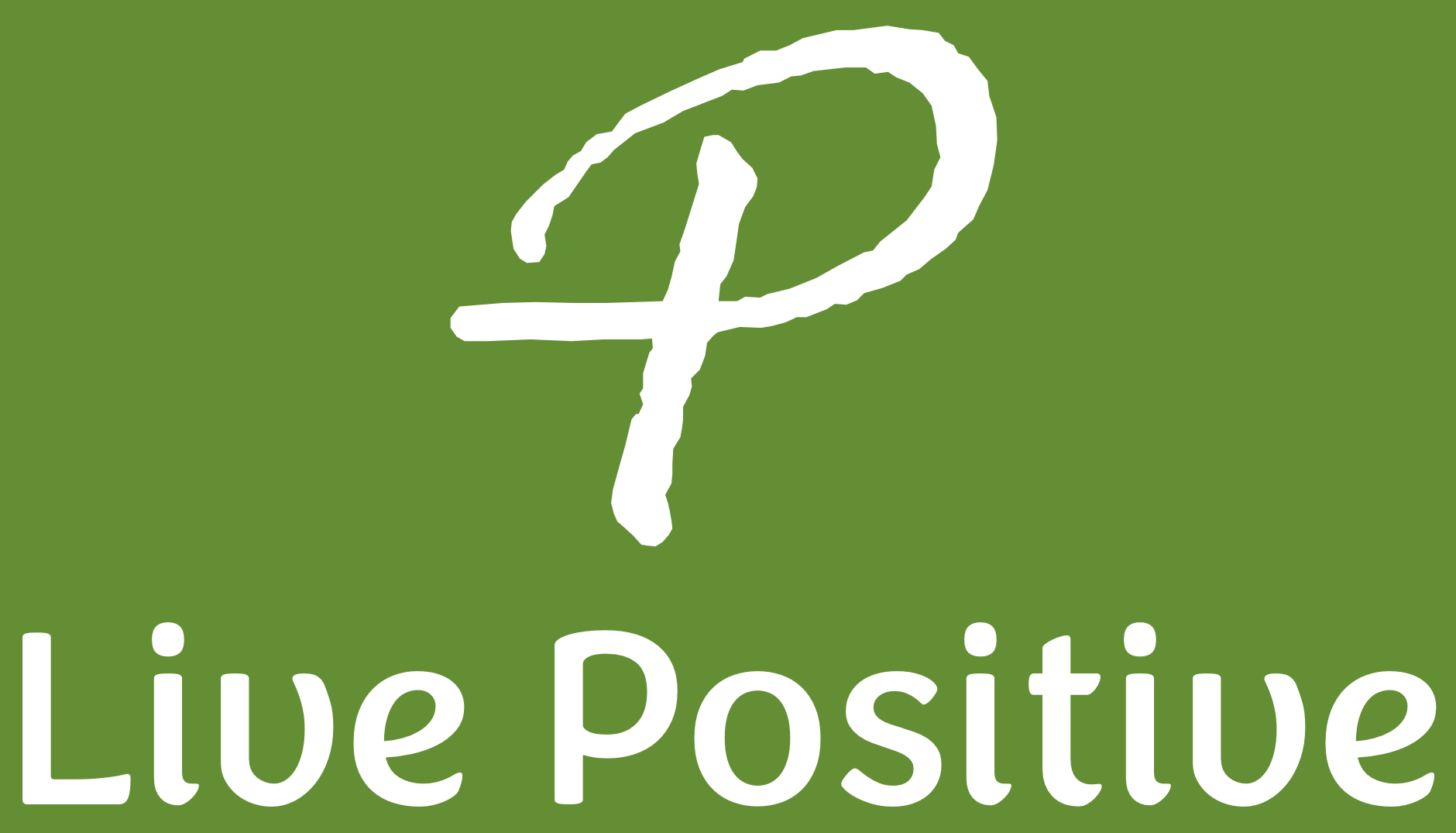How Can I Be My Authentic Self If I have to Self-regulate All the Time?
“Autonomous self-regulation will lead an individual to decisions that fulfill their needs, which in turn promote psychological health and happiness” (Ryan & Deci, 2011)
On the surface, self-regulation and authenticity appear to be disparate character strengths whose associations are discordant. In fact, it would seem that having to self-regulate may entail having to compromise one’s authenticity or vice versa. Still, purposeful self-regulation is often necessary, especially where one’s emotional, mental and physical well-being are at stake. For example, smokers, drug abusers or alcoholics, who are prone to numerous fatal diseases, use their self-regulatory process on a regular basis to refrain from temptation. That said, relationships have thrived and because people have exposed their true selves and that authenticity has earned them reliability, credibility, and overall trust.
You may be thinking at this point that perhaps some characters are stronger in such endeavors, while others fail to even consider them, and you wouldn’t be wrong. That’s because some may have a higher level of cognitive awareness and control while others allow their emotions disrupt their authentic being, sometimes allowing them to override the self-regulatory process and ultimately admitting defeat and resorting back to their old habits. Such scenarios raise questions about a person’s state of mind and his/her response, particularly where self-regulation, authenticity and their mediating roles are concerned. For instance, if a smoker chooses to smoke the next cigar out of frustration, has the self-regulatory system succumbed to the power and emergence of the authentic self? And in doing so, has the regulator unconsciously decided to unite with the true self momentarily? Or is it a case of consciously allowing the character strength of authenticity override the character strength of self-regulation by acknowledging the presence of a cognitive dissonance? Does that, therefore, imply that he/she is truly happy, perceiving life as meaningful at that moment, as opposed to miserable (without the cigar to feed the habit)? And if so, what impact will that have on that person’s life satisfaction, happiness, and wellbeing in the long run?
So many questions…. and after all that hoo-ha about the importance of self-regulation in my last blog, the question that remains is whether self-regulation actually hinders authenticity. If fact, what is their relationship? What appears to be the case is that we are putting one of those strengths at stake when we use them simultaneously and if we do so, we are undermining the consequences. At this point, whatever you’re thinking is testing your values. Basically, if you allow your authenticity to succumb to your hedonic pleasures, what you’re really doing is trading a fad in for that eudemonic happiness that you set off to achieve in the beginning of your journey. Remember, hedonic pleasure doesn’t last long. To me it’s a short-lived flame that dies down very quickly, not the coal that burns amber for much longer. But it’s your mindset that will determine which path you’ll take. So, ask yourself whether you want to continue your path with a fixed mindset or a growth mindset. As soon as you establish that, you are going to be very busy with a list of conscious decisions to make which will affect your routine, the choices you make, and your approach in all your engagements.
In my personal observations and unconventional field study, I have come across numerous people who have overcome one form of addiction or another. Some were ex-smokers, ex-drinker, ex substance abusers, and even some who had dropped kilos because they overcame their addiction to eating. What was very interesting to me was that they didn’t just have one thing in common but a few. Firstly, they were quite goal oriented and because of that, they had adopted a methodical approach to whatever they did. It was as if they had a clear mental path for everything that they set their mind on. Secondly, they were all scornful of the “once an x, always an x” clichéwhich had changed their life’s path significantly. Some had removed themselves from a circle of friends, refrained from attending certain social events, adopted new hobbies and got involved in social activities more in line with their new authentic selves because THAT is the new self that gave their life purpose and meaning. The pioneers of positive psychology saw this as the way in which a person appraises his or her current status in relation to the standard that they have set themselves and if your premise is that of a growth mindset, you are more likely to take pleasure in maintaining that standard than compromising it.
Sounds tough but one thing is for sure. One of the premises of authenticity is being your true self, the most effortless and most comfortable version of you. If you are all of those, then you are truly happy. It just doesn’t get any better. But if you’re struggling to find that, it’s probably because who you want to be is not aligned with your standards…yet. Maybe then it’s worth trying to…
· Practice self-awareness techniques
· Monitoring your patterns of behaviour
· Strategizing your next move
· Journalling your thoughts and emotions
In doing so, you may well be able to….
· Reap the benefits of the positive emotions in broadening your scope
· Allow the positive emotions keep the negative emotions at bay
· Develop new patterns of behaviour that suit your new standards
· Create a new authentic you where self-regulation is no longer steered by will power but by desire
Yes, there is a lot of work to be done and the results are not as tangible as you want them to be. But there is some peace in knowing that authenticity is created. We are merely a memory bank void of memories when we are born and as we go through life, our experiences create a version of us which only the self has exclusive access to. That’s where our authentic selves manifest. That’s where we will find the opportunity to set the standards that we want to live by and do so with pleasure.
So, the next time you ask yourself, how am I being my authentic self if I am giving it my all to avoid that burger or cigarette, know this. Authenticity does not create itself and self-regulation does not always disrupt authenticity. On the contrary, despite their presumably conflicting attributes and their dominating potentials, the self has the option and the ability to expunge any cognitive dissonances that compromises the self in relation to self-regulation through awareness of emotional dispositions and the use of wisdom and knowledge.
Remember, an individual self-regulates both consciously and unconsciously incessantly. Typically, you would think that the struggle for power between authenticity and self-regulation would impede your path to happiness. However, these are rootless assumptions. As a matter of fact, and on the contrary, goal setting/achieving puts the self-regulatory process into motion so long as your goals are rooted, clear and genuinely desirable.
We simply have to acknowledge that self-regulation as an important discipline and mediator to authenticity. In fact, at first glance, the relationship between those two character strengths may be deceiving but, in fact, self-regulation plays a highly supportive role in keeping the self on track and (within its limits) ensuring proper functioning of mind and soul. You are your own superhero. Love yourself.


